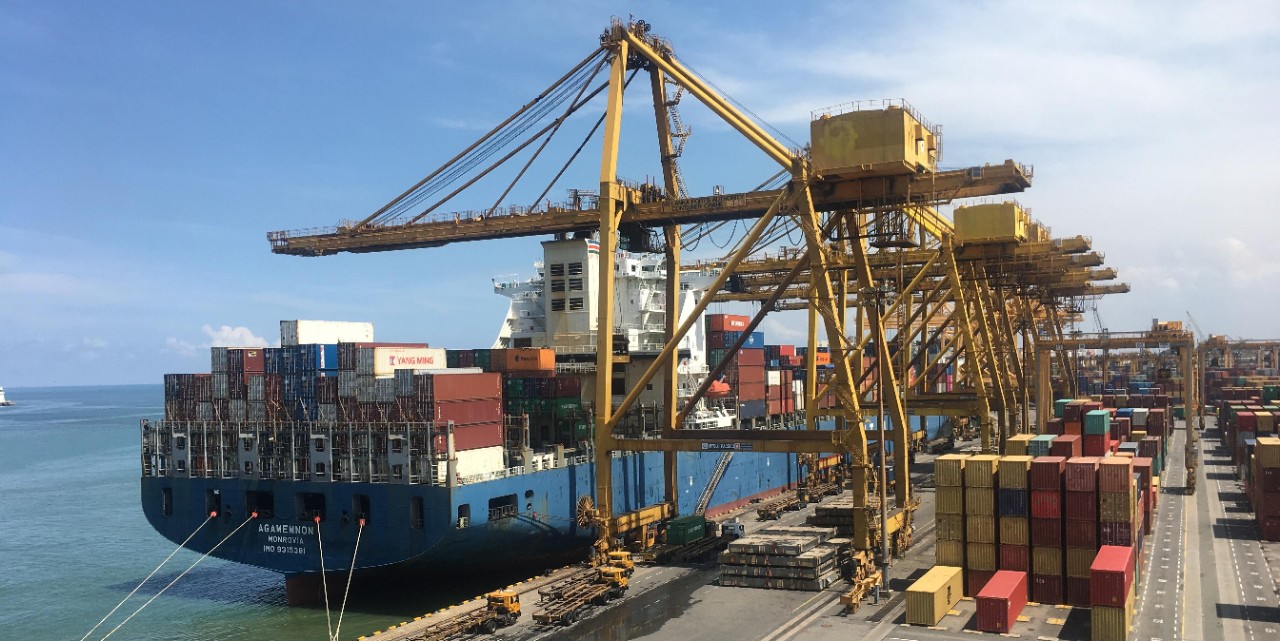Alberto Fernández won the presidential election with 48% of the vote, a victory that had been largely priced in since the primaries in August. Incumbent Macri received 40% of the vote share, yet his coalition should have a sizable weight in Congress. Argentina is in a worse place than in 2015: the debt-to-GDP ratio almost doubled during Macri’s mandate and is now close to 100%. The unemployment rate is at 10.1% and inflation above 50%. After dropping to 25.7% in 2017, the poverty rate has reached 35.4%. We expect a protracted recession (-3% this year, -4% next year) as sharper financing conditions affect consumers and companies; political risk should increase, weighing on the business environment and non-payment risk. Indeed, Fernández’ policy platform fits our illiberal cycle narrative – renegotiating debt, intervening to revive growth by boosting domestic consumption – but there is little leeway to do so. There remains a sizable risk of a deeper public debt restructuring, with haircuts on capital (Fernandez hinted at a haircut of about 20%) or a disorderly debt default.
















